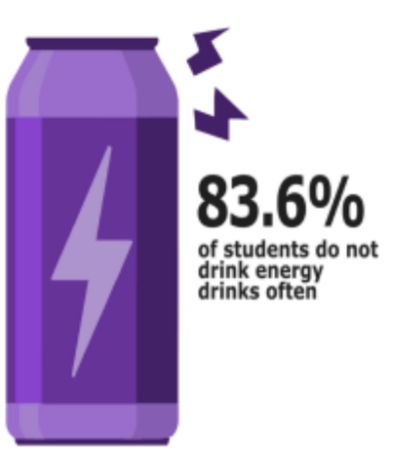Consider the dangers before dieting
Creative commons photo courtesy of Pixabay
According to the National Eating Disorders Association, 95 percent of all dieters regain their lost weight in one to five years. https://creativecommons.org/licenses/by/2.0/
May 10, 2019
“Lose 24 pounds in 3 weeks!” is a very real and very scary headline. All over the internet, unrealistic clickbait ads target society’s pursuit of perfection.
Since society thinks only those with the flattest stomachs are built to succeed, it’s hard to avoid dieting culture.
In a 2011 survey conducted on a college campus, 91 percent of women surveyed said that they had tried to control their weight through dieting, according to the National Association of Eating Disorders.
But the recent rise in dieting has come with a rise in eating disorders. Dieting encourages a lifestyle of restricted eating and self-reprimand: the basis of anorexia. The Examiner reported that 35 percent of “occasional dieters” will progress into pathological or disordered eating, with 25 percent going on to develop full-blown eating disorders.
Though these statistics may just seem like numbers, the correlation between dieting and eating disorders is deadly. The National Association of Eating Disorders reported that 20 percent of people with serious eating disorders will die. Anorexia nervosa has a mortality rate of 10 percent, making it the deadliest psychiatric disorder.
And if these risks were not enough of a deterrent, most diets are ineffective anyway. According to the National Eating Disorders Association, 95 percent of all dieters regain their lost weight in one to five years.
Dieting can also force the body into “starvation mode,” which slows down the body’s metabolism. When combined with on-and-off dieting, or “yo-yo dieting,” this can permanently damage one’s metabolism, causing them to gain more weight, according to the National Eating Disorders Association.
When comparing the 20 percent of people who will die from an eating disorder to the 5 percent of people who will successfully lose weight from a diet, it is clear that the possible risks of dieting outweigh the possible benefits.
So, the next time you think about starting a diet, think about the possible dangers of restricting your eating, and remember that you are more than your weight.















